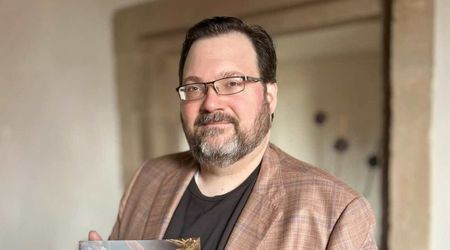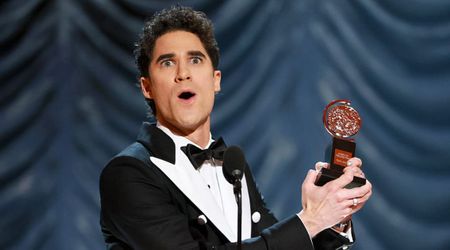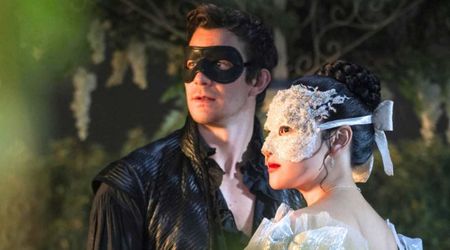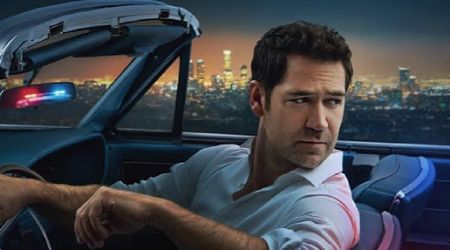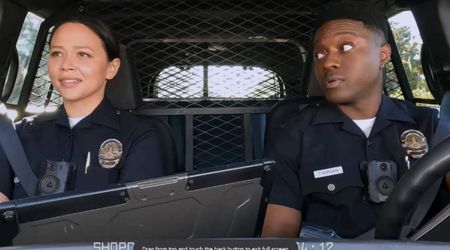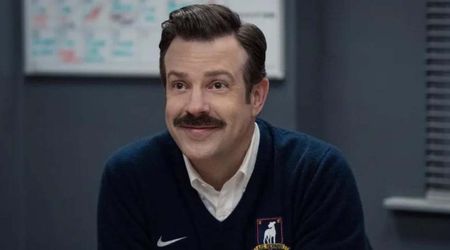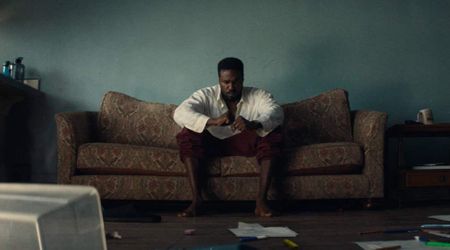Woodstock can never be recreated in the age of cellphones and social media, says director of upcoming documentary

"The Woodstock Festival was a coming together of the best of humanity. It was a shining example of what we're capable of under trying circumstances."
According to Oscar-winning filmmaker Barak Goodman, the phenomenon stemmed from the values and ideals of that generation.
In an exclusive interview with MEAWW, the director of 'Woodstock: Three Days That Defined a Generation' explained why the event may have changed the course of history.
"A lot of it had just been talk and slogan until it was actually put into practice when they were faced with imminent disaster from the war in Vietnam," he said. "For me, it is really inspiring considering the dark times we live in—to look back at it as an example of what people are capable of doing when pressed."

Many critics of this defining moment of history did not acknowledge its importance, Goodman insisted.
Instead, the hippie culture became a "caricature" for the old-fashioned public.
"We have a tendency to scoff at or make fun of hippies and liken them to the caricature that associated with them. But what surprised me was that the people, to this day, carry Woodstock with them," Goodman said. "When I say this, I don't mean just having been there and the experiences they went through, but the spirit of the festival stayed with them for the rest of their lives."
In fact, they used this spirit as a weapon to achieve amazing things in all walks of life.
After having personally interacted with those who attended the festival as well as those who made it happen, Goodman said there was something remarkably special about that generation and those times.
"The late '60s was both the darkest time as well as a period of reckoning," he said. "The country was torn apart by war, clinical assassinations, the civil rights movement, and so on. But these kids, instead of being discouraged, took it upon themselves to change things. And they went on to live the rest of their lives with the same values."

But the festival was a financial disaster in terms of planning, logistics, supply, and accommodation. Right from the get-go, producers Artie Kornfeld, Michael Lang, and Joel Rosenman faced a barrage of problems. They lost their original venue in Wallkill, New York just a month before it was scheduled to take place.
"Losing the original venue resulted in a chain reaction of bad things happening—there wasn't enough food or water, the weather was terrible, not enough medical supplies, et al," Goodman continued. "So, from that point of view, the festival was a failure—they had not planned or anticipated to accommodate nearly the size of the crowd that showed up."
However, the producers did manage to eke out a small profit after about 15 years from the Woodstock brand and licensing. Furthermore, they more than compensated for the losses after the release of the hit documentary film 'Woodstock' in March 1970.
According to the renowned filmmaker, the festival was a shining success in every other way. While the producers lost money on it, they eventually didn't care as they had realized early on that some things were bigger than money. Furthermore, there were several acts of heroism along the way which were never recounted in public discourse.
"After a point, nobody cared about the financial aspects of the festival. It was built creatively, it was a very good rock and roll festival, and more than that, it was transcendent in terms of values and ideals which were practiced there. And that is why Woodstock became iconic - not because of its profits or performances, but because of what happened in the crowd and how they pulled together; Moreover, it was about how they managed to live out the ideals of the 60s in those four days."
- Barak Goodman
Is it possible to recreate the Woodstock experience considering the possible political and social ramifications in modern times?
Goodman doesn't think so.
"I don't think you can set out to do Woodstock. I don't think you can engineer it, or create it from scratch. What made Woodstock so special was the spontaneity. The fact that so many unplanned things happened and so many problems were encountered is a testament to that," he said. "Furthermore, I don't think the values of that generation have come down to us strongly. We have different values than they had and I think their values were on display in this particular environment in a way that can't happen now."

Another problem cited by the director was "cellphones".
According to him, people are constantly connected to social media, and the particular magic of Woodstock only manifested itself after the those who attended were cut off from the world and had to rely solely on one another—something that is difficult to imagine in today's day and age.
When asked whether the definition of 'counterculture' had changed from what it was back in the '60s, Goodman had a unique perspective.
"I think the climate change issue is as serious as the Vietnam War in some ways," he insisted, in conclusion. "The young generation feels like their future is in danger and peril. So, in that sense, I think we have a strong counterculture moment right now. It takes a different form, of course, but I do think it is getting stronger every day."

